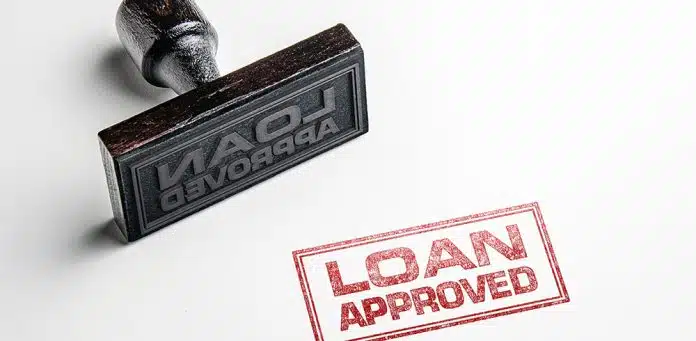It is easy to get a loan, but it is challenging to effectively manage its payments. People frequently apply for loans in a hurry to cover an emergency. In these situations, they frequently find themselves trapped in debt with exorbitant interest rates and unfavourable terms. Higher interest rates in certain circumstances make your loan unaffordable. Debt consolidation or loan settlement are your two options for handling this. These two approaches are very dissimilar from one another. Let’s examine them in greater detail.
Debt consolidation: What is it?
A debt consolidation plan involves combining several loans and paying them off at once with another financing option. Debt consolidation’s main objectives are to lower interest costs and raise credit scores through foreclosure.
Whether the loan is secured or unsecured, debt consolidation is an option. If the outstanding sums on their various debt products are minimal and they have a strong credit history, most consumers choose personal loans for debt consolidation. As a satisfied customer of PaySense, I can vouch for its application for a personal loan process. You can consider taking a loan for debt consolidation from them.
How does debt consolidation work?
Imagine that you owe the following sum of money:
Rs. 23,50,000 for a business term loan with a 16% interest rate
Rs. 3,50,000 for a personal loan with a 15% interest rate.
2,00,000 in unpaid credit card balances
Used Car Loan: Rs. 4,50,000 at 13%
In order to pay for your child’s further education and pay off all prior debts at once, you currently need Rs 45,00,000. However, you are the owner of a business property worth Rs. 1,25,000. The best course of action in this situation is to get a mortgage loan secured by real estate, which is possible up to a 75% LTV. That indicates that you can take a loan for up to Rs 93,75,000 at a low rate of 10-12%. With this arrangement, you can pay off all of the aforementioned bills in one EMI at a cheaper interest rate.
What is debt settlement?
Through debt settlement, you can pay off a few of your debts—or all of them—all at once for a lot less money than you owe. Once you make a payment in accordance with this plan, the status “settled” will appear on your credit record. An unexpected loss of income, a medical emergency, the demise of the primary borrower, or other unanticipated occurrences that have an influence on repayment capability lead to the necessity for debt settlement.
How does debt negotiation operate?
Let’s say you previously took out an Rs.3,000,000 personal loan with a 13% interest rate and a 60-month repayment period. You requested a loan settlement after 36 months of making EMI payments before losing your employment.
Rs 2,86,704 has been paid towards the loan in full to date, including interest. There is a balance due of Rs 1,91,136. The situation is referred to as debt settlement if the lender accepts debt settlement and is willing to close the loan after you pay Rs 50,000. In this instance, the lender has suffered a total loss of Rs. 1,41,136.
Difference between debt consolidation and debt settlement
Affects credit score
The lender typically loses out on interest income as well as a share of the money paid out in a debt settlement. Although settlement lessens the cost of the debt, it has a considerable detrimental effect on your credit score. Contrarily, debt consolidation results in credit expansion. By obtaining a debt consolidation loan in India to foreclose on your existing obligations before they are due, you show prudent credit behaviour while also making repayment simpler on your finances.
Effect on the Possibility of Borrowing
Debt consolidation might increase your borrowing capacity by raising your credit score. This is one of your greatest options if you need a home loan in the next several years but have ordinary credit. In contrast, debt settlement not only harms your credit report but also makes it challenging to get a loan of any kind in the future.
Suitability
If you have a number of high-interest loans and wish to raise your credit score by foreclosing on the majority of your current bills, debt consolidation loans are suitable. Yet, if you are in financial trouble and a bankruptcy filing is likely, you might try to reach a settlement.


